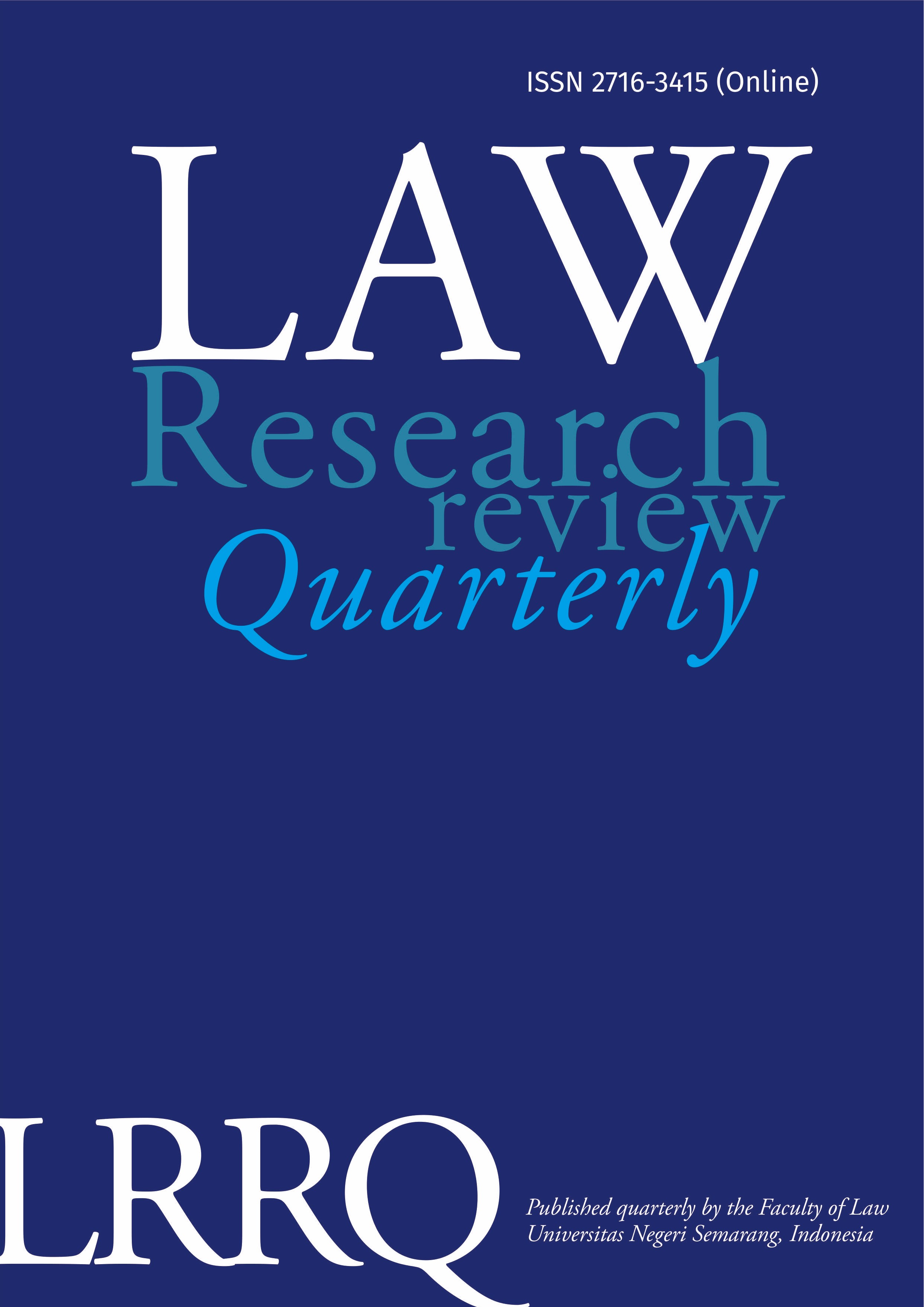How Pro-Active Police Synergy Program Can Improve the Police Professionalism in Indonesia?
Main Article Content
Abstract
Professionalism is a pivotal strategy for advancing organizational efficacy, particularly within institutions like the Police. This analysis employs a descriptive approach to delve into the Republic of Indonesia's Police strategy for augmenting professionalism, primarily achieved by bolstering inter-agency collaboration and fortifying human resources. This approach aligns with the overarching goals outlined in the National Police's Grand Strategy, emphasizing the augmentation of both the quality and quantity of personnel. The concerted effort to enhance professionalism is substantiated by a commitment to allocate sufficient budgetary resources and provide state-of-the-art facilities and infrastructure. The multifaceted strategy hinges on cultivating a robust synergy within the police force, recognizing that optimal performance and the conduct of its members are intertwined. The efficacy of this professionalism-centric approach is contingent upon various factors, with government backing playing a pivotal role. Support from the government serves as a catalyst for the Police's endeavors, ensuring that the strategy is seamlessly integrated into broader national objectives. Additionally, the revitalization of the National Police further reinforces their commitment to professionalism, manifesting in comprehensive reforms and structural improvements. As the Indonesian National Police navigates this path, the interconnected dynamics of government support and internal revitalization form the linchpin for fostering a culture of professionalism within the organization, thus contributing to overall organizational excellence.
Article Details

This work is licensed under a Creative Commons Attribution-ShareAlike 4.0 International License.
All writings published in this journal are personal views of the authors and do not represent the views of this journal and the author's affiliated institutions. Author(s) are retain the copyrights of the Article. However, before publishing, it is required to obtain written confirmation from Author(s) in order to ensure the originality (Author Statement of Originality). The statement is to be signed by at least one of the authors who have obtained the assent of the co-author(s) where applicable.This work licensed under a Creative Commons Attribution-ShareAlike 4.0 International (CC BY-SA 4.0)
References
Handoko, Ilman Firdaus; Zakaria, Chepi Ali Firman. 2019. Optimalisasi Profesionalisme Polri Guna Mewujudkan Tugas Pokok Polri Dihubungkan dengan Undang-Undang Nomor 2 Tahun 2002 tentang Kepolisian Republik Indonesia. Universitas Islam Bandung
Hardani, Hardani et.al. (2020). Metode Penelitian Kualitatif & Kuantitatif. Yogyakarta: Pustaka Ilmu.
Hebb, Donald Olding. (2002). The organization of behavior: a neuropsychological Theory. Mahwah: Lawrence Erlbaum Associates, Inc.
Lampiran Keputusan Kapolri. Nomor: KEP/53/I/2010. 29 Januari 2010
Muljadi, Arief. 2006. Pokok-Pokok dan Ikhtisar Manajemen Stratejik; Perencanaan dan Manajemen Kinerja. Jakarta: Prestasi Pustaka.
Prasad, Jai Ballabha. (2008). Culture and organizational behaviour. New Delhi: Sage Publications India Pvt Ltd.
Spender, J.C. (2004). Knowing, Managing and Learning: A Dynamic Managerial Epistemology, In Christopher Grey and Elena Antonacopoulou (eds). Essential Readings in Management Learning. London: Sage Publications Ltd.
